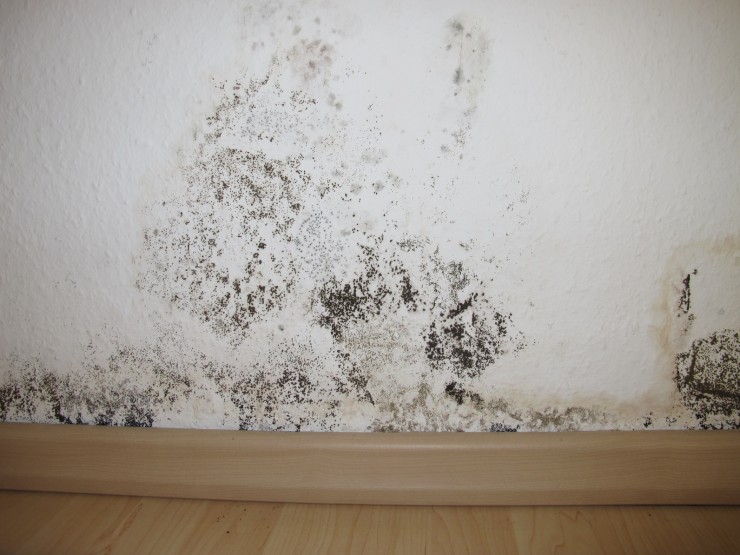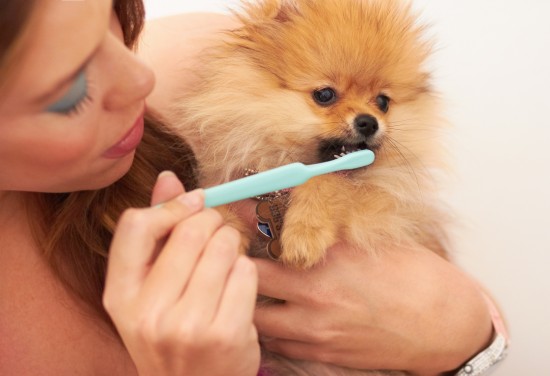
Sadly, many people abandon their canines. Some give them to friends or family; others leave them at local animal shelters; still other owners leave their dogs on the street, exposed to traffic and other perils.
Abandonment can be prompted by a number of reasons, many of which we'll explore below. It is seldom acceptable. When animals are left at shelters, they are consigned to possible euthanization. When left on their own, they are exposed to starvation, injury, or death. Our goal here is to present the main reasons owners leave their canines behind, and offer a few alternatives to doing so.
The Introduction Of A Baby Into The Family
A lot of owners believe keeping a dog in the house places their new babies at unnecessary risk. Others feel they won't be able to give their pets the same level of attention when their babies arrive. There are ways to address both circumstances so you can continue to enjoy your canine's company.
First, never leave your baby alone with your pet. While canines are usually friendly with children of all ages, supervising their interaction is critical.
Second, help your pet become accustomed to the presence of your baby. Before bringing her home from the hospital, bring one of her blankets home so your dog can grow accustomed to her scent.
Third, make sure your canine participates in gatherings that include your baby. This will further acclimatize him to her company.
Unwillingness To Tolerate Behavioral Issues
Dogs can develop a number of irritating behavioral problems that cause their owners to throw their hands up in frustration. From inappropriate elimination and digging, to chewing, barking, and aggression, these issues can test the patience of the most long-suffering owner. But they do not warrant abandoning your pet.
Most behavioral problems can be addressed through normal training and positive reinforcement. A few, such as fear and separation anxiety, may require desensitization training and counterconditioning. It is the owner's responsibility to help her pet overcome whatever issue has surfaced.
Lack Of Financial Resources
To be sure, providing care for a dog can be costly. You need to buy high-quality food that offers good nutrition. You need to provide routine veterinary care to prevent the onset of disease. You also need to address occasional health-related emergencies. These essentials, along with toys, bedding, treats, and grooming, can add up to a significant amount of money each year. But there are alternatives that can help you reduce the cost of caring for your canine companion.
Though the upfront cost of veterinary care may be high, it actually saves money in the long run since it helps your pet avoid costly health issues. You can also buy low-priced bedding, toys, and other supplies, rather than purchasing popular brands. Lastly, consider giving your canine treats you make at home, or at least mixing them with those you buy elsewhere.
Moving Into An Apartment
With the economy continuing to struggle, and the number of foreclosures climbing, a lot of owners have suddenly found themselves forced to move into apartments. The problem is, most apartment complexes prohibit canines. If you are in this position, you have options.
First, try to find a complex that accepts dogs. You may be able to negotiate with property managers to allow your pet access in exchange for your paying a monthly fee.
Second, reconsider whether you truly need to move. If you are able to stay in your current home, you can avoid abandoning your pet.
Third, if moving is necessary, and you're unable to convince property managers to accept your dog, try to find a good home for him. Check with family members who may be able to adopt him, or know of someone who can. Ask friends if they would be willing to do so.
Once your dog has become a member of your family, giving him up may seem unthinkable. In most cases, it is also unnecessary. Remain open to making lifestyle changes that will help you and your canine stay together.
 Infectious Canine Hepatitis - Hepatitis In Dogs
Infectious Canine Hepatitis - Hepatitis In Dogs
 Black Mould Toxicity In Dogs
Black Mould Toxicity In Dogs
 Golden Retriever Puppies: Hard To Turn Down That Face
Golden Retriever Puppies: Hard To Turn Down That Face
 6 Dog Breeds Known To Be Good With Children
6 Dog Breeds Known To Be Good With Children
 How to find BC German Shepherds for sale online?
How to find BC German Shepherds for sale online?
 Nine Important Questions To Ask Vets You Might Be Considering Registering With
Nine Important Questions To Ask Vets You Might Be Considering Registering With
 Improving Your Dog’s Dental Health For Life
Improving Your Do
Improving Your Dog’s Dental Health For Life
Improving Your Do
 Applehead Siamese Cats - What Are They?
Applehead Siamese
Applehead Siamese Cats - What Are They?
Applehead Siamese
 Cat mistaken for female has unneeded operation
Cat mistaken for female has unneeded operation
Cat mistaken for female has unneeded operation
Cat mistaken for female has unneeded operation
 Idiopathic Head Tremors In Dogs
Idiopathic Head T
Idiopathic Head Tremors In Dogs
Idiopathic Head T
 How To Judge The Authenticity And Veracity Of A Dog Breeder
How To Judge The
How To Judge The Authenticity And Veracity Of A Dog Breeder
How To Judge The
Copyright © 2005-2016 Pet Information All Rights Reserved
Contact us: www162date@outlook.com